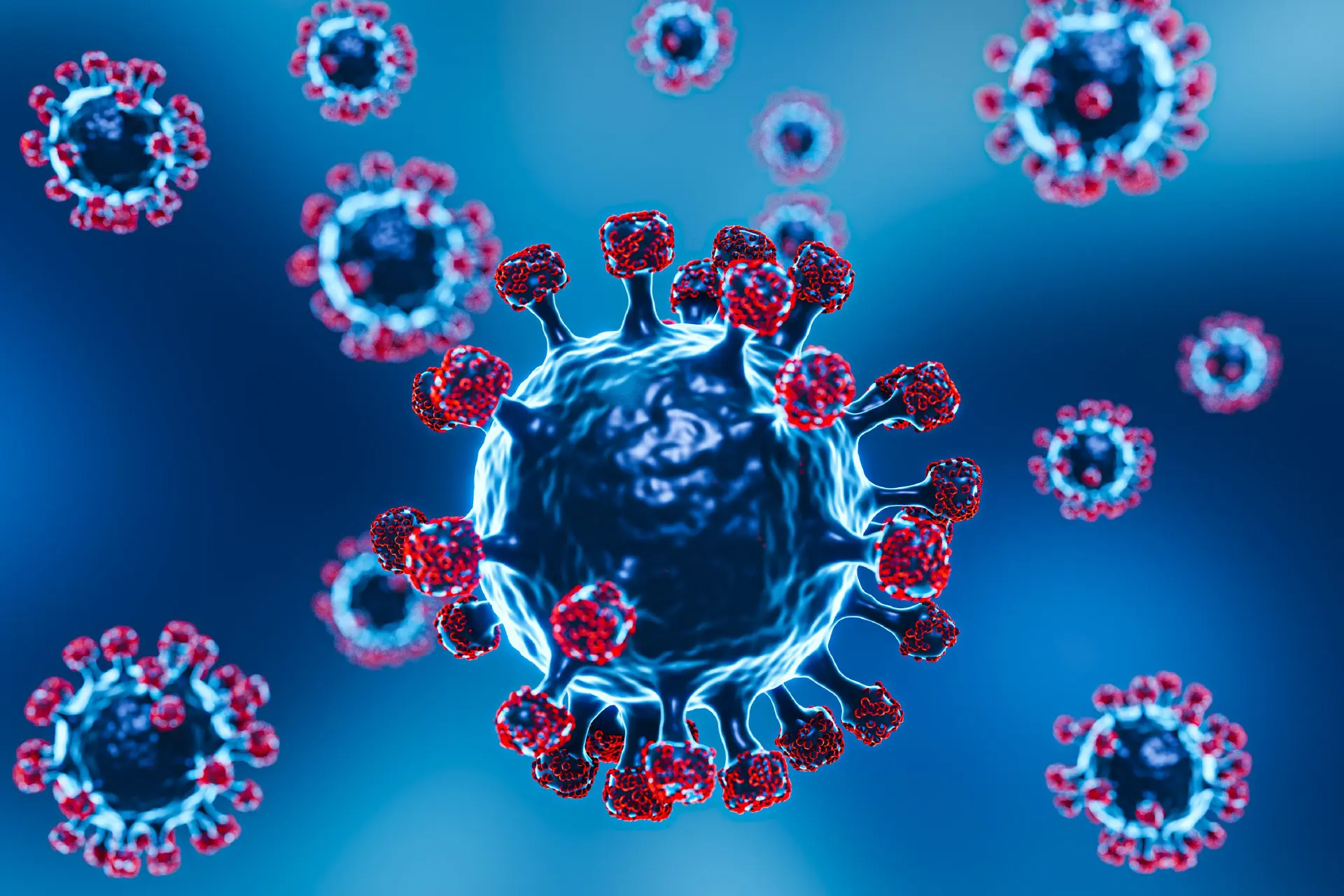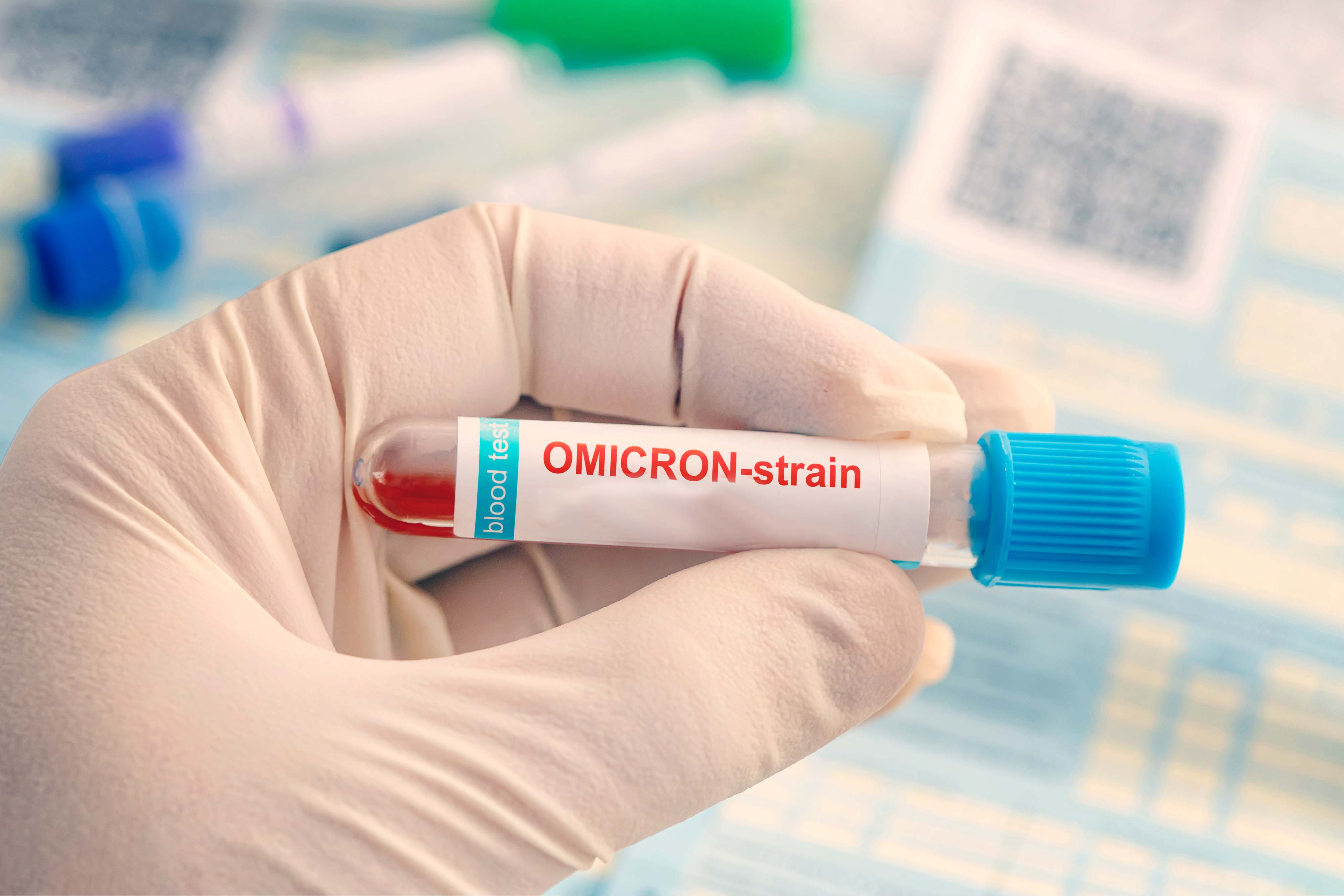Covid | 5 min read
How are Claims for COVID-19 Handled?
Medically reviewed by
Table of Content
Key Takeaways
- In March, 2020, the IRDAI issued a guideline guaranteeing treatment for COVID-19
- This applies to COVID-19 cases that require hospitalisation
- IRDAI has also urged all insurers to settle any claims related to COVID-19 on priority
The pandemic has definitely taken its toll on the country and with each passing day, several thousand new cases of the virus are being reported. With number of infections holding steady, the only solution is healthcare. Getting treatment in time has helped many recover from the virus, but this isn’t the case for everyone. Lack of healthcare infrastructure in several states has been a roadblock for many and for many others, the lack of funding is another problem. Thankfully, in March, 2020, the Insurance Regulatory and Development Authority of India (IRDAI) issued a guideline guaranteeing treatment for COVID-19.
This applies to COVID-19 cases that require hospitalisation, including expenses incurred during quarantine as applicable within the policy. In addition to that and in an effort to expedite delivery of funds, the IRDAI also stated that insurers must decide on cashless claim authorisation in under two hours from the receipt of the authorisation request. Such a mandate is greatly beneficial to the policyholder as there are healthcare centres that will not provide care until the finances are in order. Urging insurers to communicate this decision in a timely manner ensures that treatment is availed without any delays.
Additional Read: Questions asked about insurance cover during the pandemicNow that you know the time window in which you can expect coverage on medical treatments for COVID-19, the next step is to learn how to file a claim. Whether it’s a government or private hospital, once you test positive for COVID-19, here are 3 steps you need to follow to file an insurance claim.
- Gather all the required documentation:
a. Customer ID proof
b. Health insurance card or policy
c. Complete treatment records
d. Claim form
e. Cancelled cheque
f. ECS form
- Stay informed on the type of claim you’re making
Typically, there are two types of claims. They are either cashless or reimbursement claims. Both of these are different from each other and boils down to a convenience factor. Ideally, you should ensure that you have the option to make a cashless claim because it is much simpler in an emergency.
- Contact the insurer and fill the forms
Regardless of the type of claim you’re making, you will need to fill forms in order to make a claim. This process is much simpler with cashless claims because the hospital already has all your information on hand. However, with reimbursement claims, you first need to contact the insurer and get a claim acknowledgement number, which is important all through the process.
Following these simple steps will help you handle the claims process with relative ease and minimal error. During the claim process, you may also have the option to interact with third-party administrators (TPAs). TPAs generally help speed up the claims process and have several benefits too. For instance, many TPAs have technical support and infrastructure that allow you to furnish all claim-related documentation online. These can then be processes and assessed as per the insurer’s protocols. The benefit here is that certain insurers may process claims based on these documents whereas others usually require original documentation to do so.
Additionally, given the fact that hospitals have approached the IRDAI regarding quick claim settlement, which results in time-effective healthcare, TPAs have instructions to process claims at an expedited rate. Within three to four days, claims must be processed so insurers can settle these in a timely manner too.
With a clear picture of the claims process, here’s a quick overview of the 2 types of health insurance claims you can make.
Cashless claims
In such cases, the insurer pays the hospital directly. This is a perk offered to policyholders that seek care at network hospitals mentioned within the policy. With such claims, you won’t be required to submit many documents or do any of the legwork as all the important information is readily available. This is definitely something you should take advantage of as you do not want to be devoting your attention to financial matters in a medical emergency.
However, you should note that there is a limit on how much coverage you can attain with this option. If the hospital’s total bill exceeds the coverage limit, you will have to pay the remainder out of pocket. Moreover, cashless claims also enjoy the benefit of expedited claim authorisation. This is because insurers are required to communicate their decision on coverage discharge with the hospital within 2 hours from receipt of said request.
Reimbursement claims
Reimbursement claims are when you are required to pay the bills out of pocket and then make a claim to be reimbursed for the same. Here, you can usually attain care at a hospital of your choice but will have to undergo a tedious process. You will first have to contact your insurer and inform them about the claim. This is when you will get a claims acknowledgement number that you’ll require when filling the claim form.
It is at this stage that you’ll also have to furnish additional documentation such as:
- Discharge papers
- Medical bills
- Treatment charges
- Prescriptions
- Diagnostic test and reports
With every claim done in this manner, you will have a set of documents you’ll need to submit. This is a rule and insurers can’t ask you for anything beyond these unless they suspect some type of fraud.
To your benefit, as a policy holder, IRDAI has also urged all insurers to settle any claims related to COVID-19 on priority. This helps hospitals too as many are operating with a lack of funding or going through a liquidity crunch. Ultimately, as a policyholder, you are assured coverage for COVID-19 treatment with a standard health insurance policy so long as you’re hospitalised.
References
- https://www.avantis.co.in/legalupdates/article/8261/irdai-issues-guidelines-on-handling-of-claims-reported-under-corona-virus/
- https://www.livemint.com/money/personal-finance/how-to-file-a-health-insurance-claim-for-covid-19-11587386398485.html
- https://www.livemint.com/Money/8FAc6VFRqGyiIgYxHcvCsK/Did-you-know-Which-documents-do-you-need-to-make-a-health-i.html
- https://www.livemint.com/money/personal-finance/how-to-file-a-health-insurance-claim-for-covid-19-11587386398485.html
- https://www.livemint.com/money/personal-finance/how-to-file-a-health-insurance-claim-for-covid-19-11587386398485.html ,
Disclaimer
Please note that this article is solely meant for informational purposes and Bajaj Finserv Health Limited (“BFHL”) does not shoulder any responsibility of the views/advice/information expressed/given by the writer/reviewer/originator. This article should not be considered as a substitute for any medical advice, diagnosis or treatment. Always consult with your trusted physician/qualified healthcare professional to evaluate your medical condition. The above article has been reviewed by a qualified doctor and BFHL is not responsible for any damages for any information or services provided by any third party.





